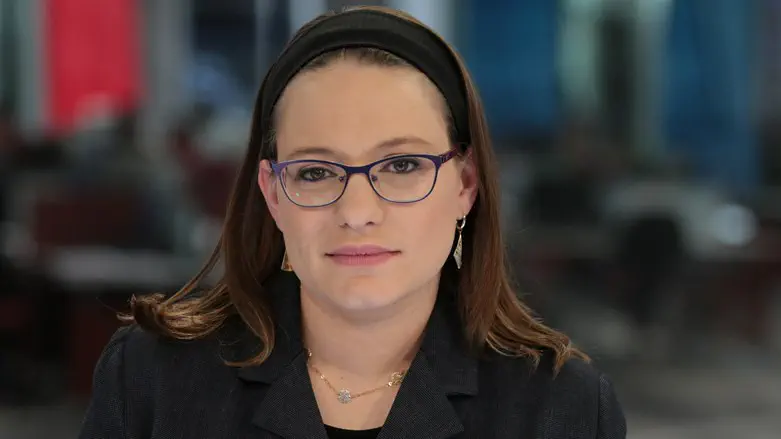
* Translation by Yehoshua Siskin
1. Not fleeing from trouble, but going towards a glorious future
Life does not alway go as planned. Dismissal from a job, separation from a spouse, financial troubles, and other pressures can jolt us out of our comfort zone and force us into an unknown future.
Such is the situation in which Ya'akov finds himself in Toldot, the Torah portion we just read on Shabbat. Ya'akov is an "ish tam yoshev ohalim," a wholesome man living a contemplative life who is forced to leave his home since his brother Esav wants to kill him. He flees to Haran, alone and penniless.
But our commentators explain how, just before leaving, one event changes everything. His father Yitzchak summons him, blesses him, and charges him with a mission: to continue the lineage established by his grandfather Avraham and to build the nation of Israel. Go to Haran, find a wife, raise a family, guide and lead them with the values of your forebears.
Ya'akov is transformed from a refugee on the run to an individual who builds a glorious future not only for himself but for the entire nation. He is no longer "fleeing from" but "going towards."
This outlook of looking forward to the future with a sense of purpose is worthwhile to adopt in our personal and national lives. It's always possible to change our perspective, especially when our team at work, our children, or just ourselves are given a task, a purpose, and a mission; then, all of a sudden, everything looks different as life takes on new meaning with greater potential than ever before.
2. Love vanquishes difficulties
The Torah describes how Rachel Imeinu comes with her flock to a well which is covered with a heavy stone. Generally speaking, a combined effort of several shepherds is needed to move it. But what happens when Ya'akov takes one look at Rachel? "When Ya'akov saw Rachel . . . he went up and rolled the stone off the mouth of the well." Suddenly the heavy stone becomes light. Inspired by the sight of Rachel, Ya'akov virtually defies the law of gravity itself.
Afterwards, Ya'akov works seven years in order to marry Rachel, and this period is described in the following beautiful verse: "So Ya'akov worked seven years for Rachel and they seemed to him but a few days because of his love for her." Once again we see how love vanquishes an arduous challenge: Seven years pass like a few days.
And if previously the law of gravity was defied, now the idea of time is rendered meaningless.
When we have a goal and a purpose into which we can channel our love, when there is someone who deeply inspires us, what may seem like difficult challenges are easily overcome.
3. Coping when life is full of pain
A young mother told me that she began to study the weekly Torah portion and asked me for ideas about the Patriarchs and Matriarchs for the Shabbat table to discuss with her children and guests.. Here are some thoughts of our commentators through the ages.
We have just read about the anguish of Yitzchak and Rivkah due to their longing for children, a recurring theme throughout the book of Genesis. The fathers and mothers of our nation provide a lesson in how to cope with childlessness and, in general, with whatever causes us pain or is lacking in our lives. Yitzchak and Rivkah wait twenty years for Rivkah to become pregnant. Twenty years of prayers and supplications must pass before Ya'akov and Esav are born. Ya'akov waits for Rachel who, in turn, prays for a child.
What did they experience while waiting? Moreover, what sorts of things justify such a long period of waiting? And how does someone feel about something for which they have prayed for years?
4. And another thought on the lives we lead:
Yitzchak Avinu does exactly what his father Avraham did: He digs the same wells, experiences a similar famine in the land, and appears not to do anything new or original. Yet our commentators explain that it is precisely in this behavior and frame of mind -- when we continue down the same road taken by our fathers and find meaning in it -- that true greatness is demonstrated.
The world could not exist if there were only revolutionaries such as Avraham in it. We also show esteem for those like Yitzchak who persevere, following in the footsteps of their predecessors, who do not have a tumultuous life story to tell, but simply lead a life of hard work and devotion to a mission. When do our actions represent a perspective and a way of living that began generations ago? When do we find novelty in what happens within our homes and within ourselves, and not in what is going on outside?